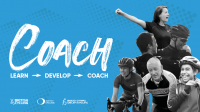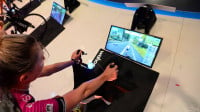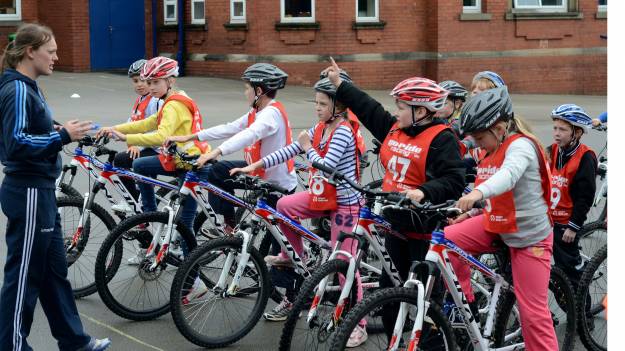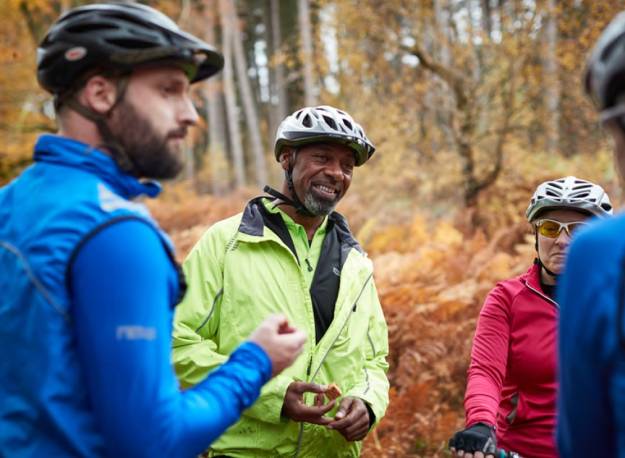Dawn Hunter has been a qualified British Cycling Coach since 2006 and is a recent addition to the Coaching and Education tutoring team.
We spoke to Dawn about her coaching experiences over the years.
1. Dawn, you’re a very active coach in cycling and other sports. Tell us about your sporting background and how you got into coaching?
I was quite sporty at school and then drifted away from it when at university. I did my first triathlon in 1999 as a way to make going to the gym more interesting and became hooked, so joined a local club. The club had some issues with coaches not always turning up and not letting people know, so I stepped into the breach and did some coaching qualifications.
2. You’re also a Level 3 Triathlon Coach, a swimming teacher and a personal trainer. How do your experiences in these areas differ to cycling and how do they influence your cycle coaching?
I think coaching is similar across most sports in that you need to observe the athlete or gather feedback on their performance and work out how to improve it further. I did my triathlon coaching qualification first and felt it didn’t really go into enough detail with the individual disciplines, which is why I did the swimming teaching and cycle coaching qualifications in the first place. The personal training gives me the ability to add strength and conditioning to people’s training programmes.
3. Tell us who and where you coach?
In addition to writing training programmes for individuals, I coach East London Triathletes in Walthamstow and Woodford. I have also done some track coaching at the Lee Valley Velopark and would really like to do more of this.
4. What were your motivations for becoming a coach tutor for British Cycling and what have been your best experiences in this role so far?
I thought it would be an interesting experience and as someone not entirely representative of the general cycle coaching population, I hoped that it might encourage others to coach, too. One of my best experiences is having coaches I’ve tutored coach my own children with sound knowledge and plenty of enthusiasm.
5. 23% of British Cycling coaches are female, which is 5% higher than the average for other sports. We want to continue to improve this figure. What advice could you give to other women wishing to get involved in coaching?
Experience is valid, no matter what the level – and you don’t have to be an elite athlete. Often coming from a background of having no natural talent and learning everything from scratch can make you a good coach as coaching is about passing on knowledge and experience, making it relevant to the people you are coaching.
6. As an experienced coach, give us three top tips for other coaches.
- Always have a plan, but don’t be hampered by it.
- Some people can be a challenge to coach, so just do your best and don’t let it put you off coaching.
- Listen.










